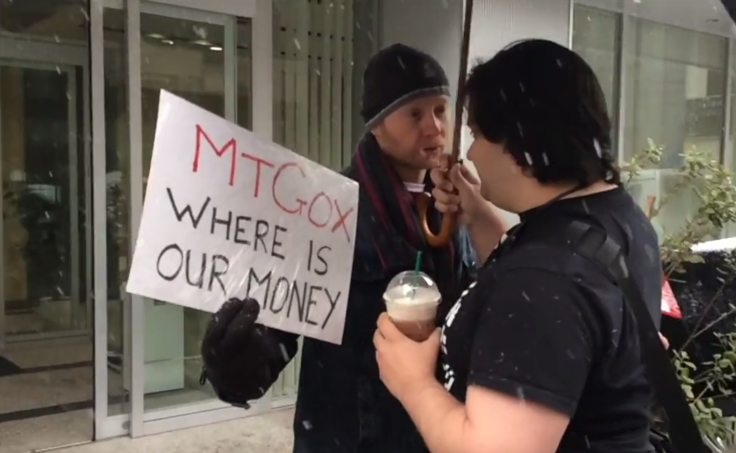Mark Karpeles: Another MtGox style disaster 'waiting to happen' if bitcoin exchanges don't adapt

Mark Karpeles, the former CEO of failed bitcoin exchange MtGox, has revealed his concerns about how cryptocurrency exchanges continue to be run.
In a blogpost titled Didn't We Learn Anything?, Karpeles suggested different ways that exchanges might be operated in order to avoid another collapse similar to that of MtGox.
Karpeles has consistently denied any wrongdoing in the disappearance of $500m (£327m, €449m) of bitcoins from the Tokyo-based exchange in 2014, however he has conceded that he suspects someone from within the company was responsible.
One option proposed to protect against inside attacks is the creation of decentralised exchanges, some of which have already been formed.
According to Karpeles, such systems hold potential, but there is still a long way to go before they can be considered safe.
It is surprising too see that despite all that happened #bitcoin exchanges are still holding customer coins, while it'd be possible not to…
— Mark Karpeles (@MagicalTux) June 1, 2015"Creating a decentralised exchange is a good idea, except for the fact that you are not able any more to perform checks to avoid stolen property [funds or coins] being used," Karpeles said.
"Based on my own experience, the best option for a decentralised exchange would be to allow exchange only between existing cryptocurrencies, which would create a lot of new possibilities in terms of value for said coins while potentially helping offload the bitcoin blockchain."
Another possible solution to bypass the need for an exchange to hold customer's funds would be through settlement third parties, for both bitcoin and fiat currencies.
Karpeles suggests that this could open new possibilities, such as tracking liabilities, as well as leading to increased competition in the exchanges market.
"One entity would be specialized in handling of coins," Karpeles said. "It would focus mostly on security, and could also offer processing for other things than exchanges. I'm thinking about Lightning, for example. Existing wallet services are probably in a good position to start working on these kind of solutions.
"The other would be specialised in handling of fiat currencies. This would mean complying with the appropriate financial service regulations and we could easily have multiple such entities covering different parts of the world as regulations differ.
"After each executed trade, the financial entity would move funds to escrow, then the coin entity would process the transaction, which once cleared would trigger the release of funds to the seller."
Karpeles acknowledges that implementing such systems into existing exchanges would be both costly and time-consuming, however, continuing with the current systems is "nothing but another disaster waiting to happen".
© Copyright IBTimes 2024. All rights reserved.






